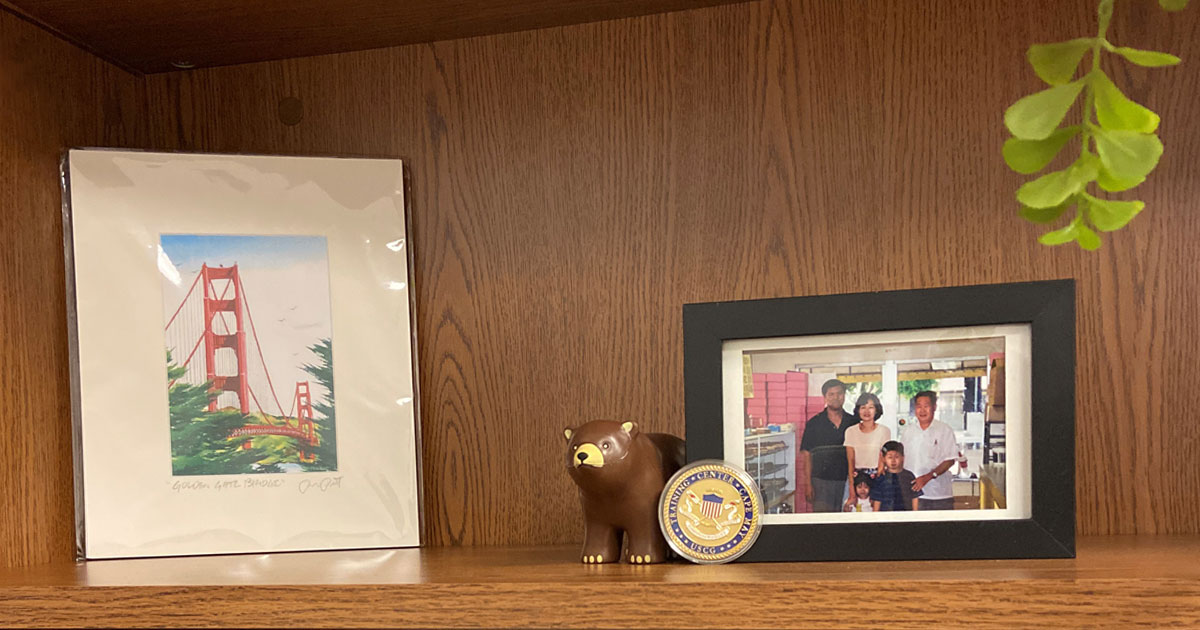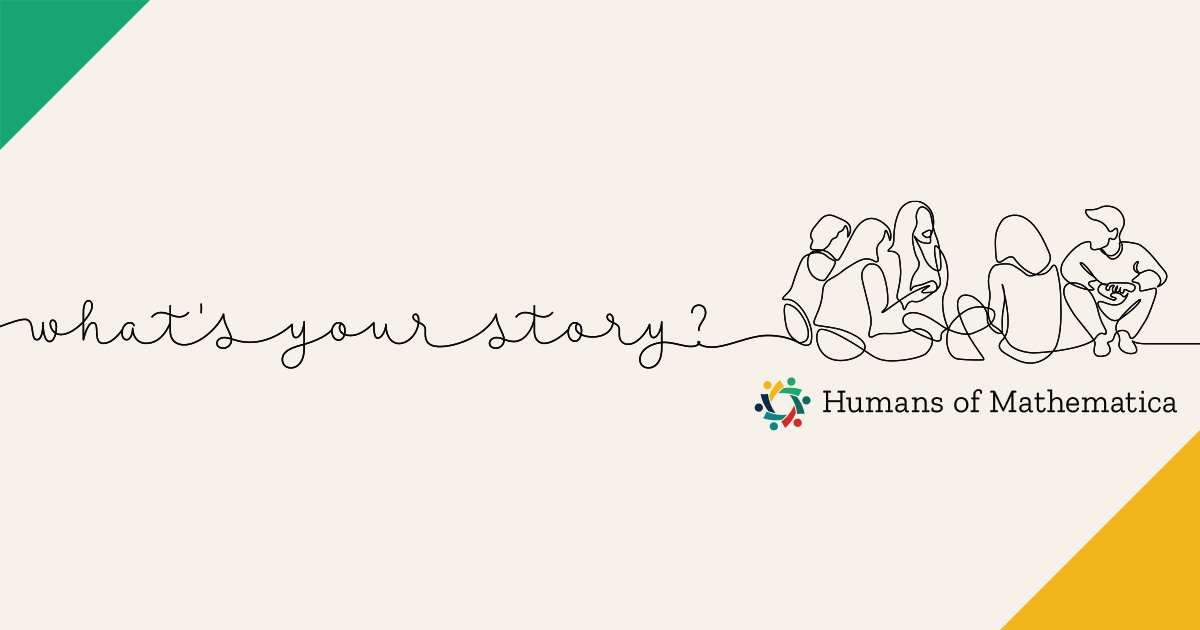Lately, I’ve been thinking about my grandfathers, health care, donut shops, and how the three have intersected in important ways in my life. My maternal grandfather passed away in January due to complications following a stroke. It is because of my grandfathers’ determination to survive in America as refugees that I can have a job like the one I have at Mathematica, where I’m using my college degree in public health to improve quality of care for Medicare and Medicaid beneficiaries. It often surprises people to hear how donut shops played an important role in allowing my grandparents to provide for their children and grandchildren, making my career possible.
My family arrived in California as refugees of the Cambodian genocide of the late 1970s. My paternal grandfather was 42 years old. He struggled to find work to support a family of six children, an elderly father, and several siblings until one day, inspiration struck: he saw a Cambodian person working at Winchell’s Donut Shop and decided to start his own. Unable to access traditional financial capital through banks, he relied on his social capital to join a Chinese community loan system known as a hui. In 1983, he opened his first shop with his kids. The shop enabled him to support my dad and his siblings, but it was hard on the whole family. My dad and his siblings attended college, but never finished because of long days and late nights at the family business. When my parents married, my father took over one of the donut shops to support our family.
Although my paternal grandfather established the donut shop, it became my whole family’s shop—eventually, my maternal grandfather would come to work there. I have fond memories of working alongside my family most nights I wasn’t in school. My maternal grandfather would sell lotto tickets and chat with regulars in his limited Spanish while my brother and I would do homework between serving the evening rushes of customers. After 33 years, our East Los Angeles shop is still going strong.
For Cambodian immigrant families like mine, owning independent donut shops became an important tool for enabling social and economic mobility. The income and financial security generated by our donut shop enabled me to be one of the first in my family to graduate from college. While in college, I teamed with a professor to launch Medium and Instagram pages called Pink Box Stories, in which California’s Cambodian and Chinese–Cambodian community could share personal stories about what the donut shops mean to their families. Recently, I partnered with the community development team at the Federal Reserve Bank of San Francisco to create a photovoice-inspired series called “The Donut Kids of California.” We told the stories of second-generation Cambodian and Chinese-Cambodian young adults like me, who grew up working at their families’ donut shops. Before the COVID-19 pandemic, in my old Mathematica office, I kept a framed photo of my parents, grandpa, brother, me—and hand-folded pink boxes, piled high behind us at the donut shop. It reminds me of just how far we’ve come.
I’m proud of the role Pink Box Stories has played in highlighting the resilience of Cambodian refugees in the face of economic hardship. The project gave me an opportunity to reflect on my cultural heritage and connect with others through our shared experience with family-owned donut shops. For similar reasons, I joined my colleague Linda Nguyen in March of this year to form an Asian and Pacific Islander (API) employee resource group at Mathematica. With more than 1,400 employees in eight offices across the United States, it can be challenging for new staff to figure out where they belong. In addition, after the uptick in reported hate crimes against Asian Americans during the COVID-19 pandemic, we felt it was important for API employees to have a place to convene, build a sense of community, and advocate with one voice on issues that affect us at Mathematica and in our broader communities. We find strength in sharing our disparate experiences and stories and discovering common threads.
As I drafted this blog, I noticed a through line between Pink Box Stories, the API employee resource group, and the My Mathematica series: they each honor personal backstories and experiences that inform our worldview. Before his death, my maternal grandfather was exactly the type of patient who is at the heart of many of my projects at Mathematica. A few years ago, he suffered from a stroke that left him in a long-term care facility. He was eventually able to return home with the help of home-based services such as nurse visits and coordination from a social worker. He was dually eligible, meaning he was on both Medicare and Medicaid, and had to navigate a complicated health system, sometimes running into gaps in care coordination or lack of communication across providers. After the stroke, he was frequently in and out of the hospital. He made several trips to the emergency room and had to stay overnight for issues doctors couldn’t diagnose. When my mom applied to become his caretaker to take him to weekly doctor appointments, she had to navigate yet another complicated system to become an in-home supportive services worker.
Through my work at Mathematica, I know that older patients, particularly dually eligible patients, represent a disproportionate share of health care spending and use. Understandably, health care payers and providers dedicate a great deal of time and energy trying to find ways to rein in costs. But I try to keep in mind that beneficiaries—people with families—are behind the official labels for different patient populations. Their stories are unique and nuanced. They are more than their chronic health conditions and high utilization of services. As I learn more about improving the quality of health care in my work for Medicare and Medicaid beneficiaries, I try to remember that people like my grandfather are behind the health outcomes data we collect, manage, and analyze.



